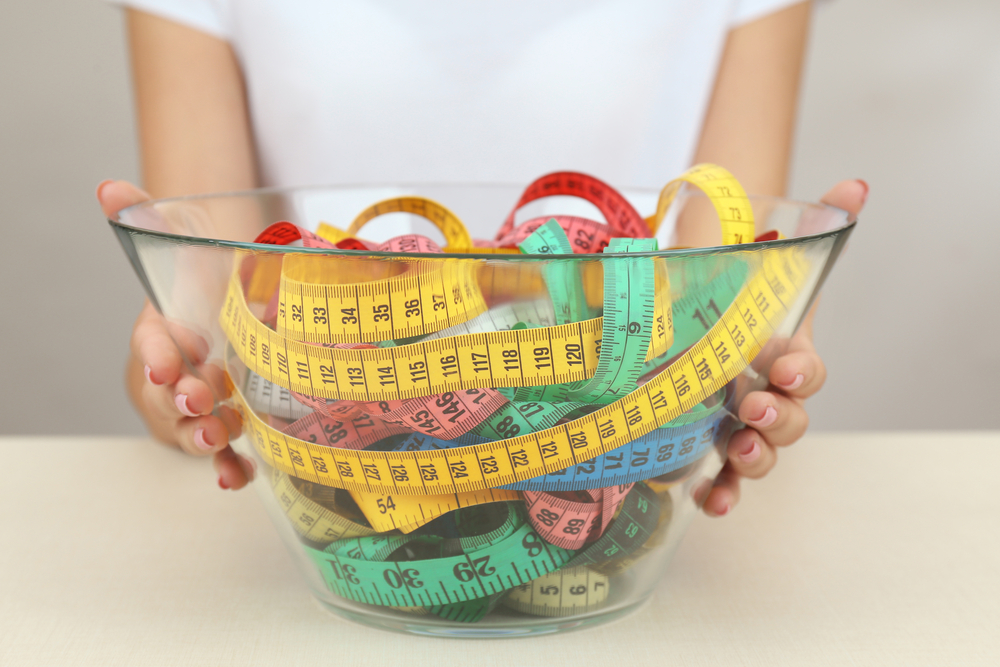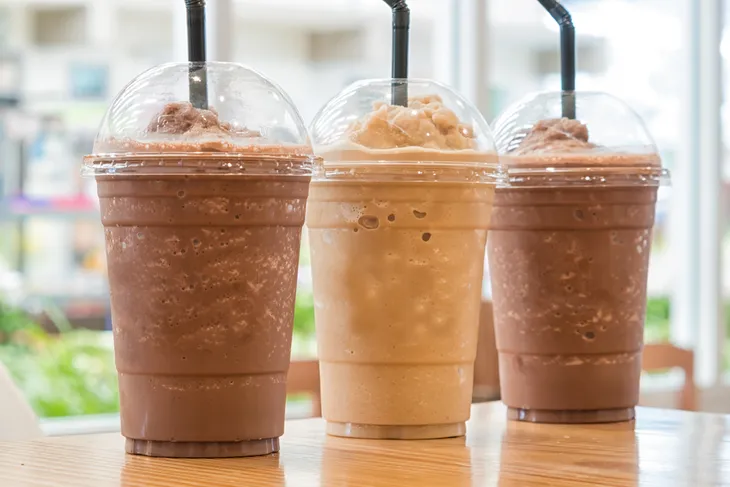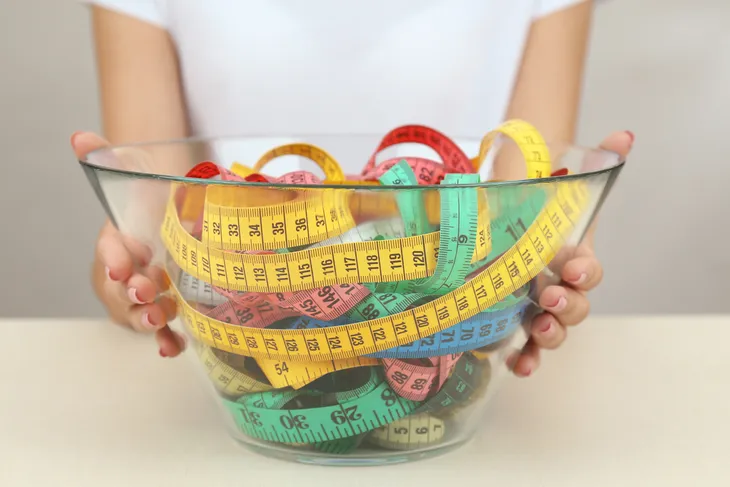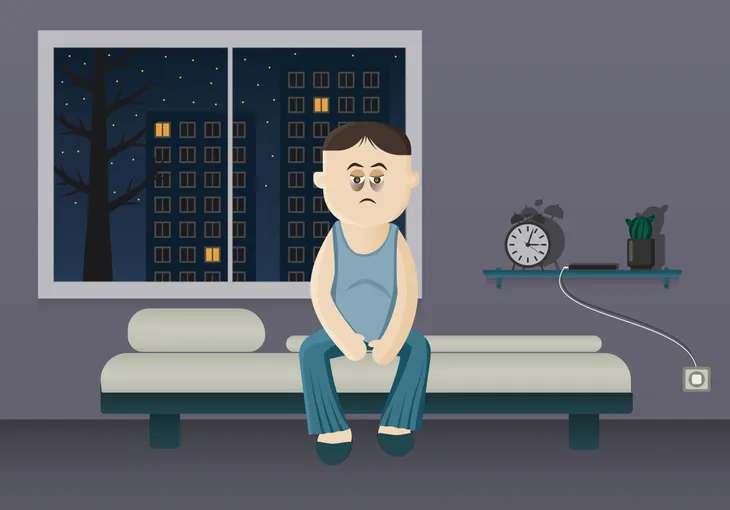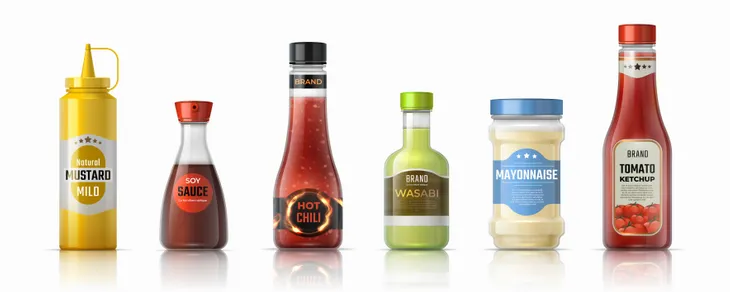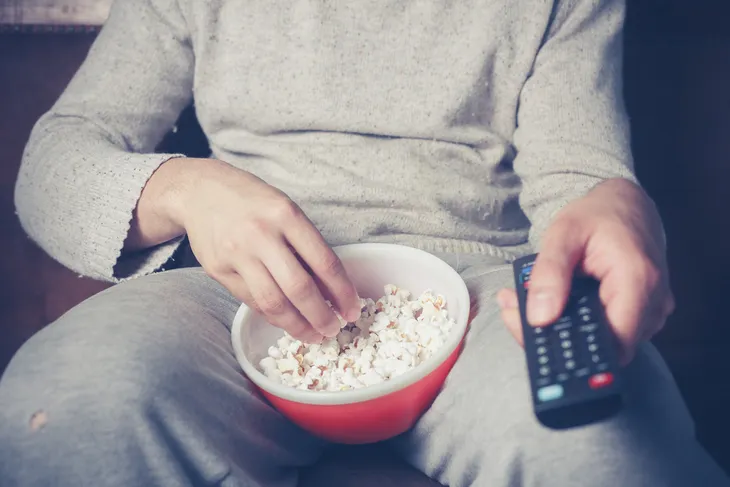We’ve all developed stone cold habits that are difficult to break. However, those bad habits can often sabotage our efforts to lose weight—many times without us even realizing why or how. The first step to breaking bad habits is recognition. Here are the top seven routine habits that are stalling your ability to shed those unwanted pounds…
Too Busy for Breakfast
If you regularly skip breakfast on the way out the door, you’re making a big mistake that can transfer to your bathroom scale, according to researchers from Imperial College, in London, England.
The findings of their study were presented at the Endocrine Society’s 91st annual meeting, in Washington, D.C., and showed how skipping breakfast after an overnight of fasting during sleep triggers the brain’s “reward center” causing us to crave, and eventually cave in to eating, high-calorie cravings later in the day.
Shopping While Starving
Even though you probably realize how dangerous eating while hungry can be—a bag of chips and a chocolate bar later—many of us still commit this weight loss sabotaging habit willingly.
Starvation and shopping for food just aren’t a good combination for many common sense reasons. First and foremost, grocery stores are full of high-fat, high-calorie convenience foods, and when you’re hungry you will eat first and think about the consequences later on. Instead, shop armed with a light snack and a grocery list full of fresh, nutritious foods for sensible eating all week!
Drinking With No Concern for Calories
You may eat very balanced meals filled with fresh produce, lean meats and dairy sources, and wholesome carbohydrates and wonder, “Why am I still gaining weight?” The easy guess is due to what you’re drinking.
A study, conducted by researchers at the Centers for Disease Control found that Americans get most of their calories from what they’re drinking—which adds up to an extra 140 to 200 extra calories per day! Alcohol, sodas, sugary coffees, fat-laden smoothies, wine, and more may go down refreshingly easy, but remember that those calories easily add up!
Portion Distortion
According to research from the American Heart Association, we live in a day and age where portions are huge, and sadly, what we see is what we eat! Regularly eating at restaurants with large portion sizes might be smart on the wallet, but dangerous for the waistline if you’re eating all of that huge serving, instead of taking it home for later, in one sitting.
The American Heart Association estimates that portions have grown so dramatically that current Americans eat roughly 300 more calories daily compared to what they ate in 1985. Consider this tidbit of portion control from author, Dr. Brian Wansink, who wrote the book, Mindless Eating. Dr. Wansink who studied eating habits noted that those giving larger buckets of popcorn at 44-percent more calories vs. participants giving smaller buckets.
Lack of Sleep
There’s a very good explanation for why we overeat the day following a poor night’s sleep. In fact, studies show that lack of sleep and appetite go hand-in-hand.
According to research studies published by the National Institutes of Health (NIH), sleep loss triggers the production of fat storage and cortisol, the fight or flight hormone, but also the hormone largely responsible for hunger. In fact, the NIH considers sleep deprivation largely responsible for a domino-effect of physiological changes—including increased ghrelin and cortisol production and imbalanced glucose metabolism.
Lack of Attention to Condiments
Akin to what you drink, it’s important to acknowledge everything you eat—yes, even your condiments. After all, a sandwich slathered in ranch dressing, cheese sauce, butter, or mayonnaise can really cause the caloric and fat intake of your lunch to almost double—or even triple in some cases.
So be conscious of your condiments and opt, when you can, for low fat or healthy fat options. For instance, rather than butter on a sandwich use mashed avocado, or substitute mustard on your sub as opposed to mayo. A burrito is extra spicy with low fat salsa. You won’t even miss the extra cheese and sour cream.
Combining Eating and Entertainment
You’ve likely heard the term “food coma,” which refers to your dulled state of mind after a large feast. Well, beware of another form of zombie consumption, known as “eating amnesia” or simply as mindless eating.
Most typically, according to food studies from Cornell University, eating amnesia is largely thanks to distraction—so you’re watching TV, surfing the web, or playing video games. Regardless, you lose track of how many trips your hand makes to that bag of chips or popcorn, when suddenly you’ve gobbled down the entire bag!
